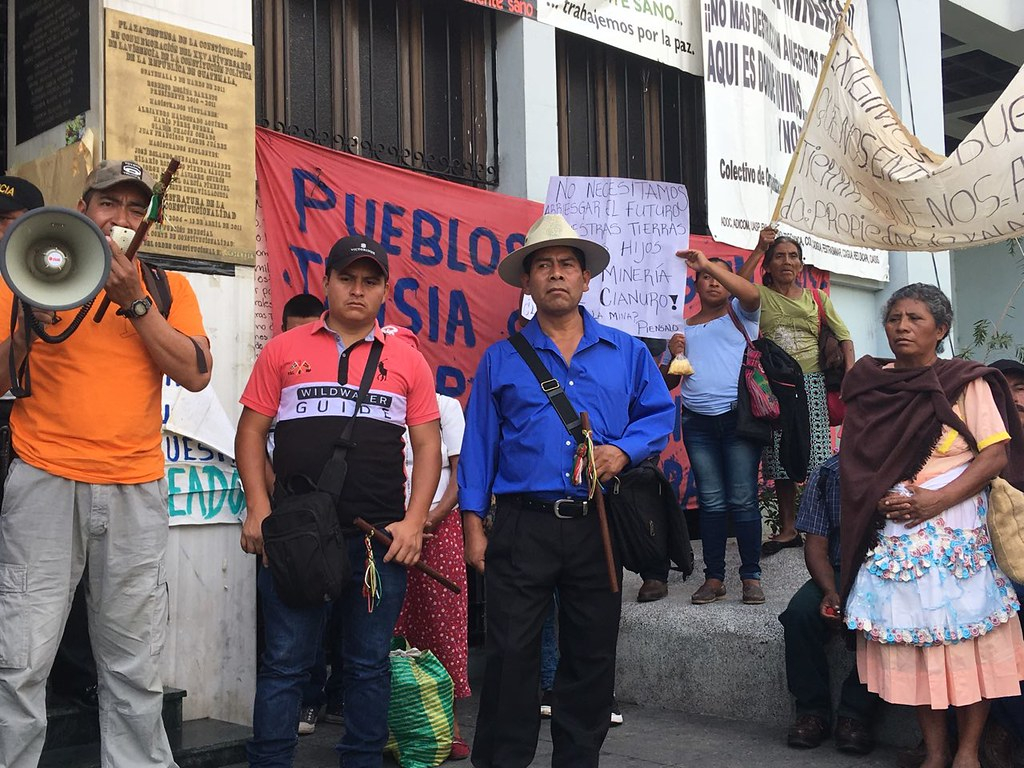On August 26, 2021, the Shuar Arutam People, along with 136 other Ecuadorian and Canadian organizations, including MiningWatch Canada, sent a letter to Sylvie Bédard, Canada’s Ambassador to Ecuador, asking her to issue a formal public statement condemning Canadian mining company Solaris Resources Inc.’s death threat against the president of the Shuar Arutam People (PSHA), Josefina Tunki, and her colleagues.
The letter also denounces the corporate abuses by Solaris, which has promoted community division, intimidation and militarization of the Shuar Arutam territory in order to advance its Warintza mining project, and calls on the Canadian embassy and government to take immediate action.
